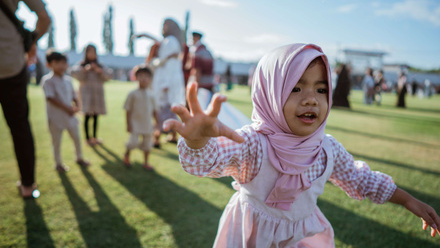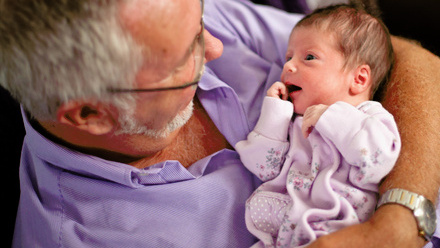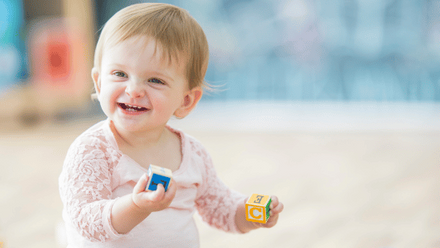Creating effective environments for parent/carer evenings
Parent and carer events open both the literal and metaphorical doorway for families to engage meaningfully with their child’s care, development and learning within setting. These events, often referred to as parent’s evenings or meetings, are commonly used throughout early years and future education, to offer a communicative bridge for those at home to understand and support their children as they progress through their educational journey. Although it can be challenging to make these events accessible to everyone its worth making small changes to provide a supportive and welcoming experience for all families, as research shows just how effective developing parental engagement opportunities can be, in terms of supporting children’s long term educational outcomes.
What should a parent/carer event do?
Parent and carer events are used commonly as a way to meet with families on a regular, collective basis. Because they are more formal than a conversation at handover, parent and carer meetings provide a regular way to create focused time for a summative discussion about a child’s care, learning and development. Whilst it’s important to address any significant concerns immediately, these events can be used to discuss observations over a period of time relating to next steps and goals, overall development and general progress in setting.

Making parent/carer events accessible for all
Parent and carer events provide an ideal opportunity for professionals to engage in quality time with families, and for families to gain a greater understanding of the provisions in place for their children. They provide an ideal opportunity for families to ask questions, whilst professionals can find out more about the children and their families too.
Here's a few ways to make your parent and carer events as inclusive, informative and invaluable for everyone.
Avoid making assumptions
Families come in all shapes and sizes, so it’s good practice to never assume how things work for an individual or their wider family unit. This can be done in simple ways, such as:
-
Clarifying the relation of one person to another, as well as to the child.
-
Sensitively ask questions about home life that may impact elements of learning or provide ways to support at home, such as whether the family have access to a garden, or the child shares a room with someone else.
-
Always finish your conversation by asking if the family has any questions for you. Providing the opportunity for parents and carers to ask their own questions and clarify understanding, helps to create a two-way dialogue and support clear communication.
Keep things flexible
Family circumstances can be difficult to navigate at times, especially if parents or carers work long or unsocial hours and have other responsibilities. Try to offer flexibility for families to engage with the setting whenever they can, and communicate this option clearly. By providing a wider range of times and days for engagement opportunities families are more likely able to participate in these collaborative moments to build relationships within the setting. It might also allow you to better understand the context and background of the child and their wider family needs.
Create a collaborative space
Offering sessions, such as stay and play events, or inviting children along to be present, not only makes it a more accessible engagement but also allows parents and carers the space to truly feel belonging in the setting as a family. Remember why you are all there. The children you work with should be at the heart of practice, so it is reasonable to create a space in which the child’s voice is pertinent to the conversation. Invite children along to show their favourite areas or toys and demonstrate to their family what the setting means to them. Do bear in mind though, that if anything sensitive needs to be discussed, it may be more appropriate to host a separate conversation without children, or families, being present.
Engaging parents and carers can be a challenge when we are all navigating busy lifestyles and the demanding pressures of modern life. Nonetheless, creating the avenues for meaningful moments that promote positive relationships between professionals, caregivers, and children are vital to supporting a well-rounded development both in and outside of formal early education and care settings. These conversations can only begin when we establish the time and space for them – a variety of different parent and carer events, in all sorts of formats can be used to best support the families in your care.
So, get creative! We’d love to hear how you use and organise your parent and carer events.






